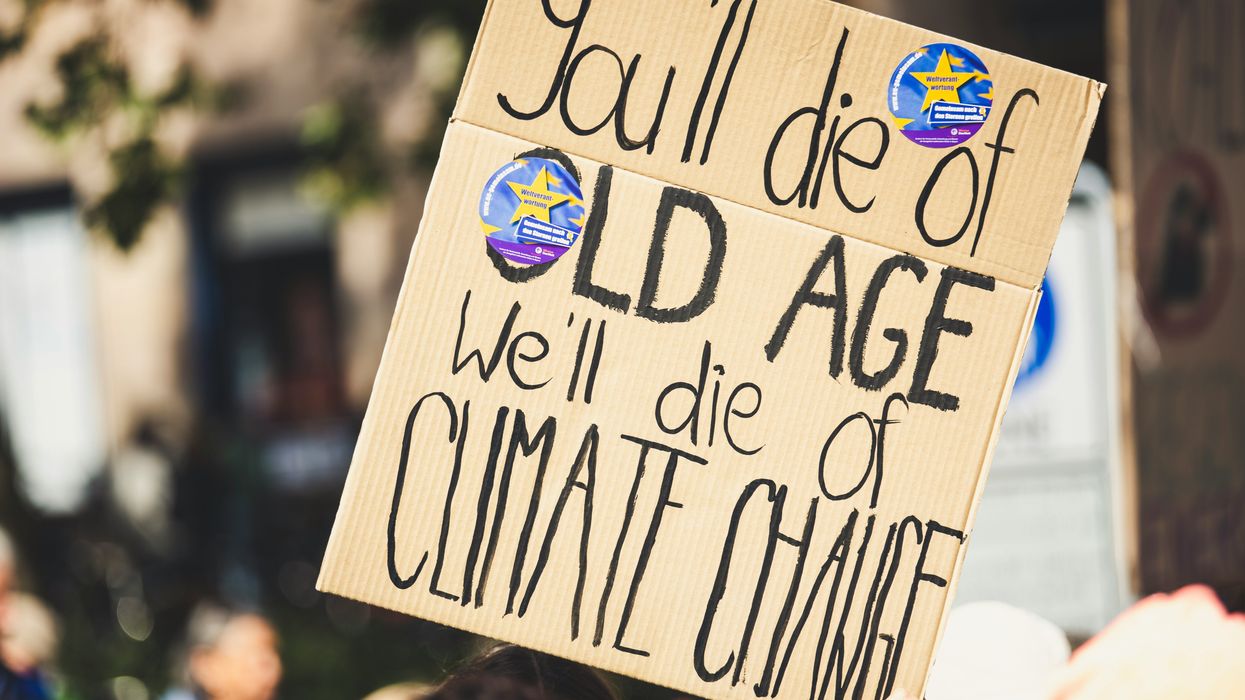A rural Texas school district voted to start negotiations on tax breaks for ExxonMobil’s proposed $10 billion plastics plant that could become one of the largest in the world.
Dylan Baddour reports for Inside Climate News.
In short:
- The Calhoun County school board approved talks on a tax abatement deal with ExxonMobil for a proposed plastics plant that would produce up to three million tons of polyethylene pellets annually.
- Exxon, which posted $34 billion in profits in 2024, is seeking a 50% property tax reduction for 10 years, starting in 2031, and plans to pursue additional abatements from local agencies.
- Critics question the economic benefits of such deals, noting Calhoun County has lost population and school enrollment despite decades of similar tax breaks for petrochemical firms.
Key quote:
“The abatements need to be highly scrutinized before they’re allowed, because we haven’t really grown in the number of jobs, the number of citizens, the tax base. I’m not sure where the county gets an advantage.”
— Dana Dworaczyk, principal of Calhoun High School and candidate for a school board seat
Why this matters:
The rapid expansion of petrochemical infrastructure along the U.S. Gulf Coast raises profound environmental and economic concerns. Massive plastics plants like the one ExxonMobil proposes not only increase global plastic production — exacerbating pollution in oceans and waterways — but also tie local economies to fossil fuel-based industries with long-term pollution footprints. Tax abatements, often pitched as tools to spur local growth, can divert crucial public revenue from schools and essential services.
Yet, evidence suggests these deals frequently fail to deliver the promised jobs or economic revitalization. In regions like Calhoun County, where population and school enrollment continue to decline despite generous incentives to petrochemical giants, residents and environmental advocates argue that the community bears the environmental and financial burdens while large corporations reap the rewards.
Read more:
- One of the country’s largest petrochemical complexes wants to expand amid community backlash
- Shell’s petrochemical plant in Pennsylvania still hasn’t spurred economic development: Report
- Faulty economic studies misled Pennsylvania lawmakers on petrochemicals: Report
- Appalachia’s fracking counties are shedding jobs and residents: Study














